Reptiles present biological requirements which set them apart from mammals as well as birds. A healthy captive reptile demands specific UVB bulb lighting as one of its fundamental requirements. Initially owning a reptile, many people do not recognize UVB light importance while confusing it with standard lighting equipment such as heat lamps. Why do reptiles need UVB bulb light? Do UVB bulbs produce heat for them? The following discussion will analyze both the necessity for UVB bulbs in reptiles’ environments and their operating mechanisms and health-related effects.
Content Table
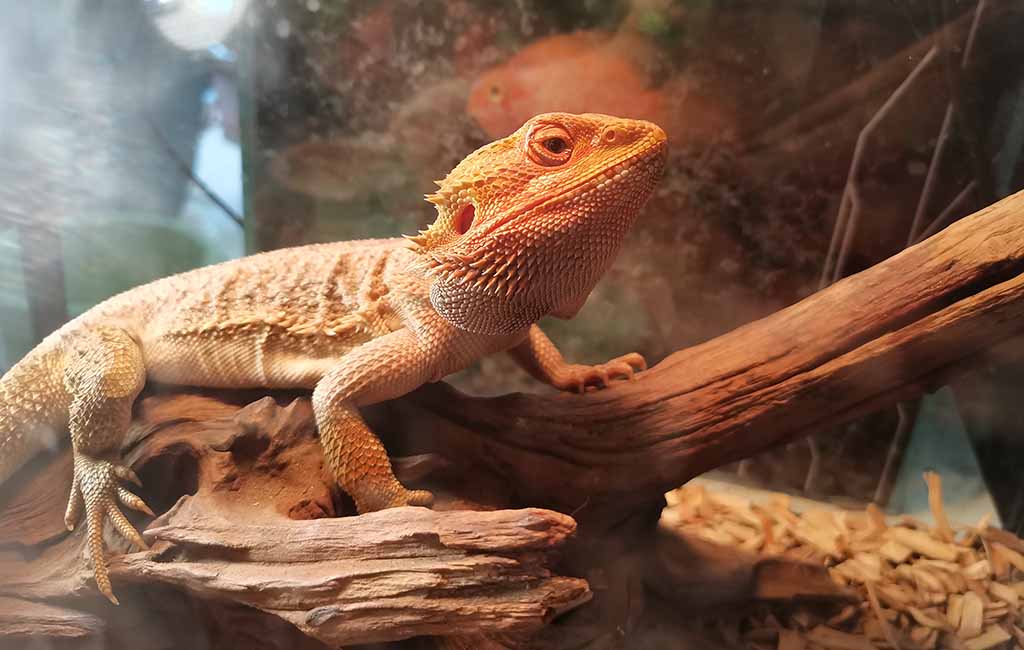
what is a uvb bulb
UVB Bulbs for Reptiles
What Is a UVB Bulb and Its Peculiarities?
A UVB bulb functions as a specialized lighting device that generates ultraviolet B (UVB) spectrum rays that allow reptiles to produce vitamin D3 in their bodies. Reptiles in the wild absorb natural sunlight through these specific light bulbs that let them properly process calcium. The absence of adequate UVB exposure causes reptiles to develop metabolic bone disease, which causes their bones to become weak and deformed.
UVB bulbs come in different types, including:
- Small and highly portable Compact Fluorescent UVB Bulbs function perfectly in smaller enclosures while lacking capacity to deliver sufficient UVB radiation to bigger aquarium systems.
- Linear Fluorescent UVB Tubes remain a perfect choice for bigger enclosures since they offer wide UVB radiation coverage.
- Mercury Vapor Bulbs combine UVB light with heat as a dual-purpose bulb suited for particular species of reptiles.
Does a UVB Bulb Heat Up a Reptile Tank?
Do UVB Bulbs Produce Heat?
Heat generation is not a key design feature in most UVB bulbs, since their primary function relies on generating UVB rays. Fluorescent UVB bulbs together with compact UVB lights produce no noticeable heat output, hence they do not work to sustain an appropriate heat gradient needed by reptiles in their habitat. Mercury vapor bulbs generate heat along with UVB radiation, having such advantages as aiding reptiles needing warm living conditions.
Will UVB Light Heat Up the Reptile Tank?
Widely available UVB bulbs do not affect the temperature inside a reptile enclosure in any meaningful way. The correct procedure to provide both UVB exposure and heat requires combining a UVB bulb with either a basking bulb or ceramic heat emitter to create the required temperature zones in the habitat.
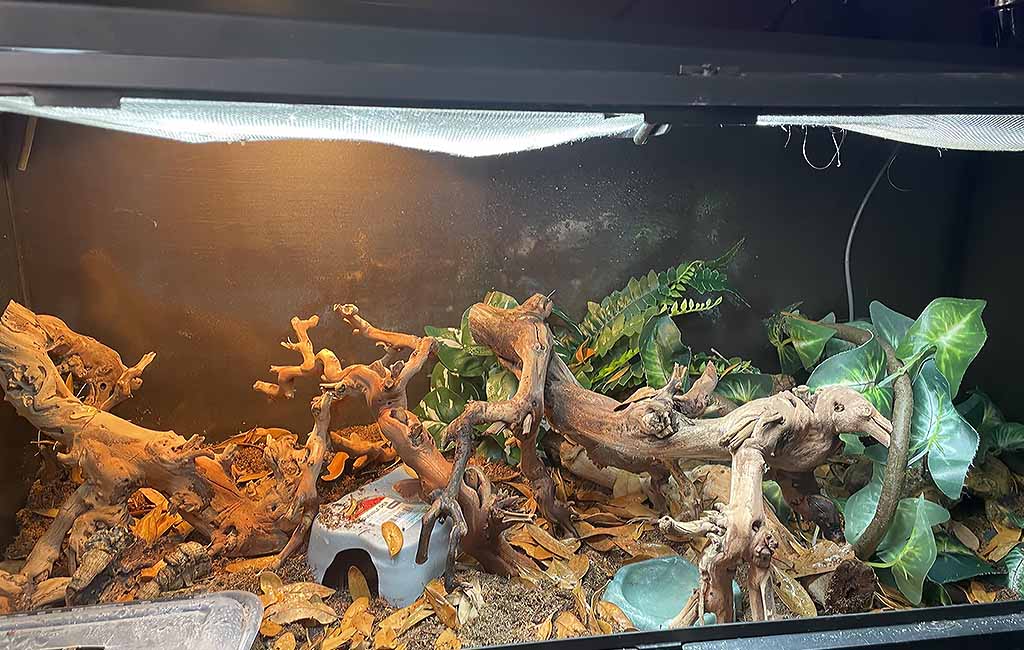
do uvb bulbs produce heat
What Is the Purpose of a UVB Light?
The Role of UVB Light in a Reptile Enclosure
UVB lights have essential value for maintaining reptile health, thus ensuring their general well-being. The main function of UVB lights enable reptiles to produce vitamin D3, which drives their calcium metabolic processes. Reptiles need sufficient UVB light exposure for adequate calcium absorption, which prevents skeletal deformities and weak bones and potentially results in death.
UVB lights also:
- Support healthy skin and scales
- Enhance natural behavior and activity levels
- Strengthen the immune system
- Promote proper digestion and appetite stimulation
- Improve reptiles’ reproductive health in breeding
How UVB Light Affects Reptiles’ Daily Lives
Reptiles in their wild habituation use the sun to naturally consume UVB rays. The lack of natural sunlight exposure during captivity forces the need for UVB bulbs to procure similar UVB exposure. Proper UVB lighting enables reptiles to regulate their body functions better, while improving their emotional state and providing a stronger defense against illness. Bearded dragons and turtles along with other UVB-dependent species thrive when consistently exposed to UVB rays, which results in bright colors combined with sturdy bones.
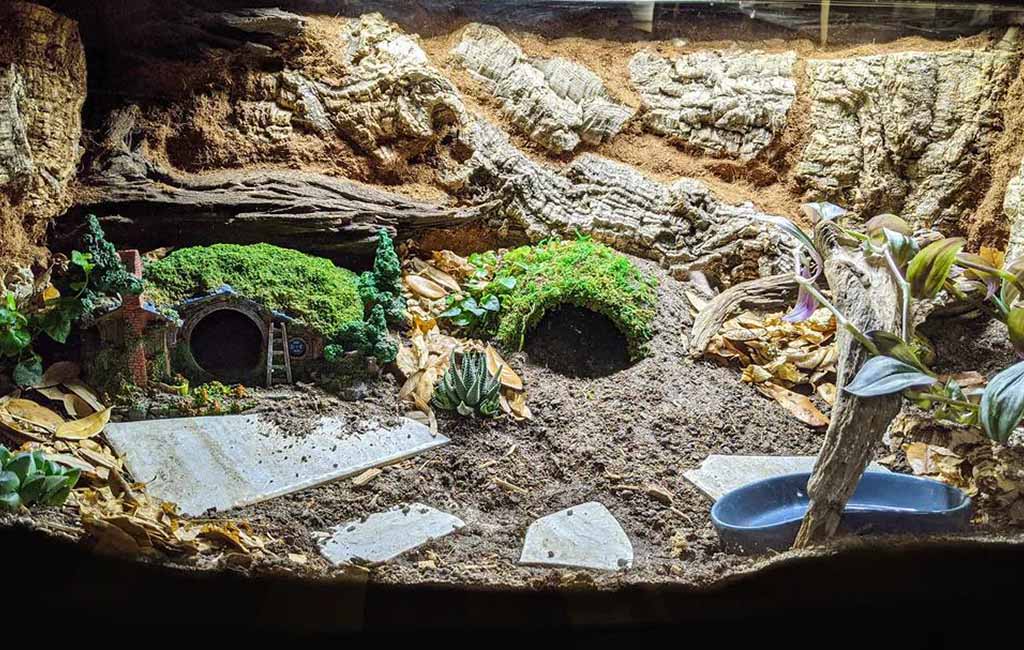
why reptiles need UVB bulb light
Do Cold-Blooded Reptiles Need a UVB Bulb?
The Role of UVB Light for Cold-Blooded Reptiles in Captivity
The body temperature of ectothermic reptiles functions through external heat and light sources because these animals are classified as cold-blooded. The majority of cold-blooded reptiles need UVB exposure for survival and this need is strongest among daytime species including bearded dragons, iguanas, and turtles.
The dietary consumption of vitamin D3 sustains leopard geckos as well as ball pythons, even though these nocturnal reptiles do not require UVB exposure. The minimal introduction of UVB lighting can provide advantages to reptiles irrespective of their day-night activity cycle. Research your reptile species’ specific needs to identify the ideal lighting combination.
Why Reptiles Need UVB Light
Can a Reptile Go Without UVB Bulbs?
Other reptiles suffer severe health problems if they do not get UVB light. Metabolic bone disease (MBD) appears whenever reptiles lack access to UVB which stands as their most frequent UVB-related health issue.
| Soft, deformed bones | Lethargy and weakness |
| Difficulty moving or climbing | Swollen limbs and jaws |
Lack of UVB exposure can also weaken the immune system, making reptiles more susceptible to infections and illnesses.
Do Reptiles Need UVB?
The short answer is yes! The survival of most reptile species depends on exposure to UVB light. Reptiles who can obtain vitamin D3 from their diet should still benefit from UVB exposure because UVB radiation helps create natural conditions while boosting their general health status. A UVB bulb stands as a fundamental item that protects your reptile’s enduring health.
Why Reptiles Need UVB Lights
Reptiles need UVB lighting for the following reasons:
- The synthesis of vitamin D3 required for calcium absorption depends on UVB exposure, since reptiles use it to make this essential nutrient for maintaining bones.
- A reptile’s quality of life improves when it receives UVB light because the rays promote natural behaviors such as basking and activity.
- UVB radiation supports reptile skin health and protects against shell rot infections in turtles while promoting healthy shell conditions.
- Reptiles gain improved resistance against infections due to UVB light, which strengthens their immune system.
Closing Remarks
A reptile requires proper UVB lighting for its health to develop strong bones and maintain proper immune function and good well-being. When reptiles lack UVB radiation, they develop metabolic bone disease and their immunity weakens while also becoming lethargic. UVB bulbs operate at room temperature yet permit the vital production of vitamin D3 together with calcium absorption.
Purchase a premium UVB bulb which should be replaced every 6–12 months together with an appropriate diet and heating system. A properly designed UVB setup serves both bearded dragons and turtles very well, which increases their lifetime and welfare standards.

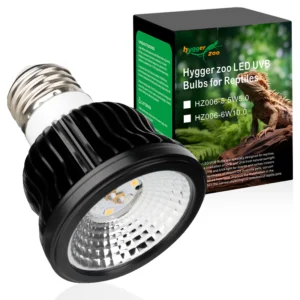
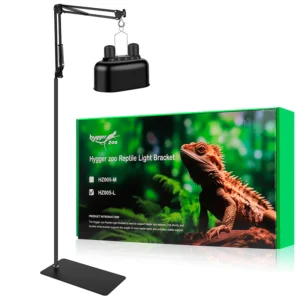
Leave a comment